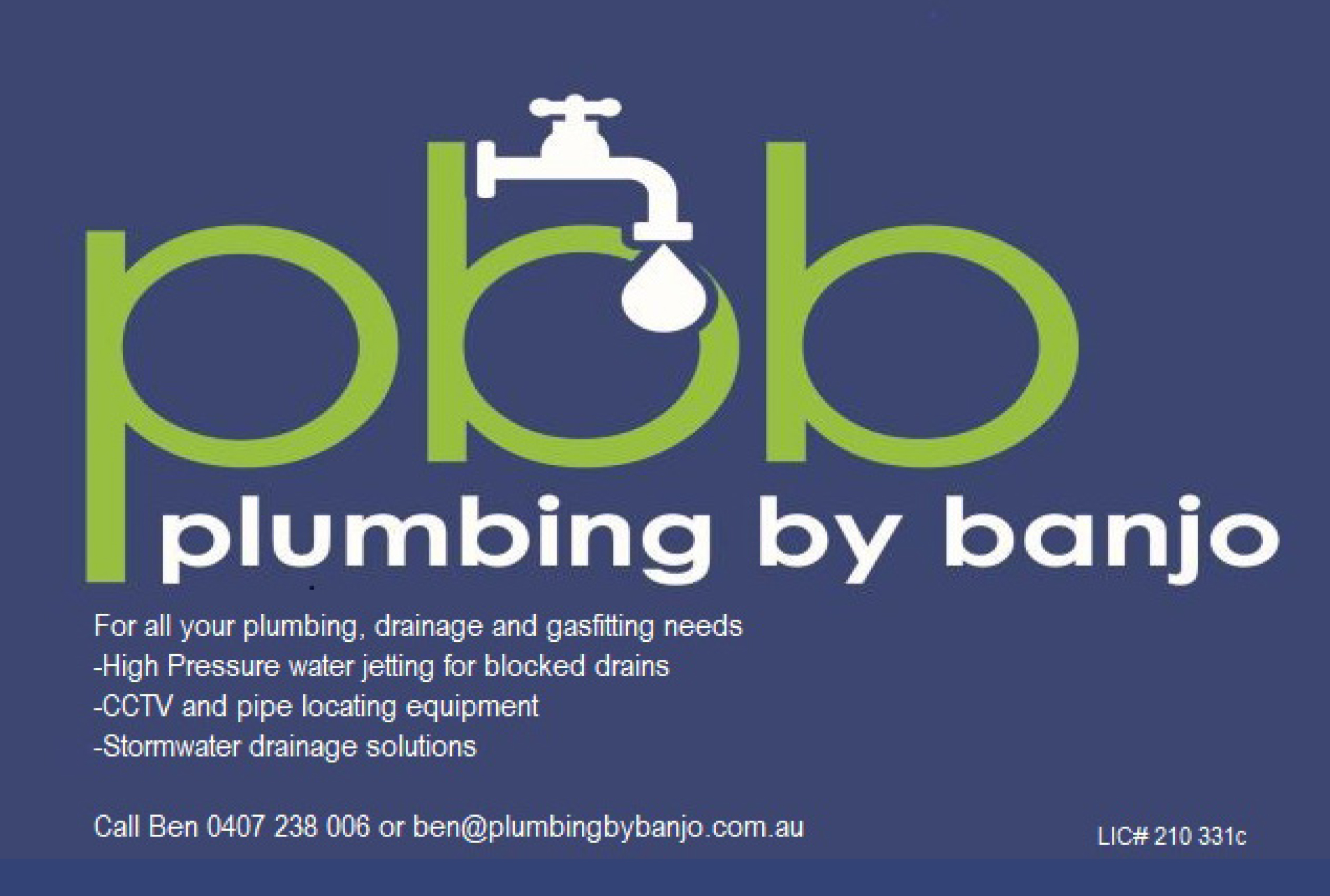What should be considered ahead of time when a move into residential aged care looks likely
Working out what to do with your family home is one of the biggest decisions you and your family will face when moving into residential aged care.
Planning for residential aged care is all too often at the bottom of our to-do lists.
When the time comes to give it more careful consideration, many of you may be overwhelmed by the procedural requirements and, due to ill-health, some of you may not be capable of properly having the aged care conversation.
Input from government departments, healthcare professionals and financial institutions is likely to be required. But where to start?
Your financial adviser can help. Whether the first conversation with an adviser happens before, during or even after making the transition to aged care, he or she can help ensure your or your loved one’s needs – both financial and emotional – are fully considered. If you need help managing your affairs, you can choose to give someone you know and trust the power to make decisions for you. This ‘power of attorney’ will allow the person to manage your affairs when you do not want to or are no longer able to. For example, should you find it difficult to sign documents because you have poor eyesight or unsteady hands.
Powers of attorney can include the power to make decisions about your financial and legal affairs and to make decisions about your lifestyle (including where you live) and the medical or health treatment you should receive.
Finances
Your adviser will need to understand your income and assets to help determine the types of fees and how much you could be asked to contribute towards your aged care costs.
They could ask the following questions:
Are you or your loved one receiving any income support payments, for example from Centrelink or the Department of Veterans’ Affairs (DVA)?
Any such payments need to be considered when determining how much you/your loved one will be required to contribute to aged care costs. There may be records readily available, but if not, contact the relevant authority.
What are your/your loved one’s assets, income and/or liabilities? This can include savings, shares, account-based pensions, annuities, debts and loans.
Financial statements can help identify the value of holdings. Contact with relevant financial institutions and the person’s accountant can also assist.
The family home
Using the family home to fund aged care can be a complicated decision, with many interdependent factors to consider.
Working out what to do with your family home is one of the biggest decisions you and your family will face when moving into residential aged care.
While some people are keen to sell their home once they no longer need it or sell the property to fund aged care accommodation costs, others choose to keep it and receive ongoing rental income from the property. There are pros and cons to both sides.
Paying aged care fees
When you move into residential aged care, depending on your assets and income, you may be required to pay an accommodation contribution or accommodation payment. How you fund your or your loved one’s aged care fees may depend on your financial assets. For some, these accommodation costs may be funded from the sale proceeds of the family home.
If you choose to keep your family home, other funding strategies may be considered. You will also need to pay ongoing care costs for as long as you remain in the aged care facility. This could include the basic daily fee, a means-tested care fee and any extra service or additional fees. Depending on your level of income and assets, these costs can vary.
Who is living in the home?
To prepare for a conversation about the family home with a financial adviser, they will also want to know if anyone is currently living with the person moving into residential aged care.
Aged care fees could be reduced if someone continues to reside in the former home after you or your loved one transitions into residential aged care. This will influence the funding strategy a financial adviser develops.
No additional information is required if the person residing in the former home is a spouse. Where that person is not a spouse, the adviser would need to confirm whether the person provides care and/or is a family member. How long they have lived in the former home and any income support payments they may be receiving from the government will also be relevant.
Rental property maintenance and costs
While you’ll earn ongoing rental income from your property if you rent it out, you also need to consider the ongoing costs associated with maintaining the property, such as having funds available for repairs and tenant management. And if the property is untenanted for a while; you’ll need to rely on other assets and sources of income to pay ongoing care costs.
You may also need to spend some money on the property before you rent it out to bring it up to a rental standard.
Tax and Centrelink implications
If you rent out the family home, you/your loved one may have to pay tax on the rental income received. However, there are various tax offsets available – including the low income and seniors and pensioners tax offset – that may reduce the amount of tax owed.
Whether you keep or sell the family home, the decision may affect Centrelink entitlements. You or your family may also have to pay Capital Gains Tax on the property when it is eventually sold. Depending on the value of the land there may also be Land Tax implications.
The Age Pension is worked out by an income and an assets test. Your rental income will be assessed as part of the income test, and after the first two years the property will be assessed under the assets test as well.
If you sell the home, the sales proceeds will then be considered under the income and assets test depending on where they are invested.
And finally, shop around
You may like to visit a few different places to make sure you find an aged care facility that you or your loved one are comfortable in and that will suit your needs. Remember, you can apply to as many facilities as you like. The accommodation costs for all aged care facilities are published on myagedcare.gov.au. This website also provides a description of the rooms and services available at the facility.
The information in this article was provided by Challenger Life Company Limited and published by YourLifeChoices.




